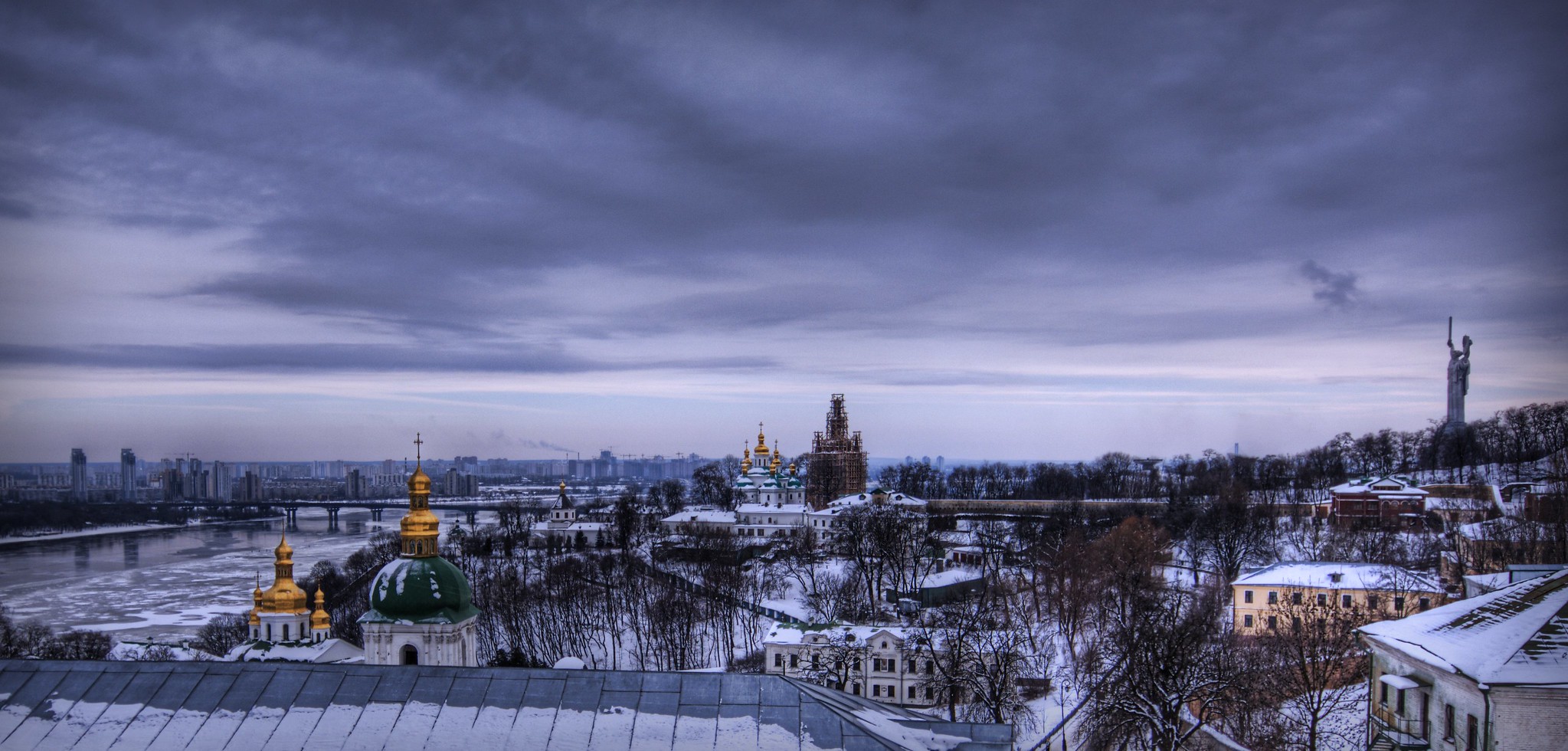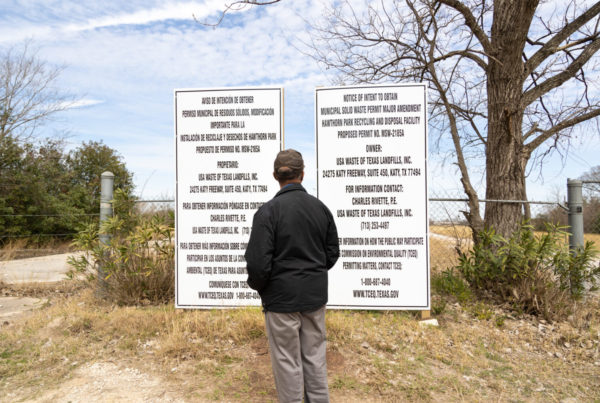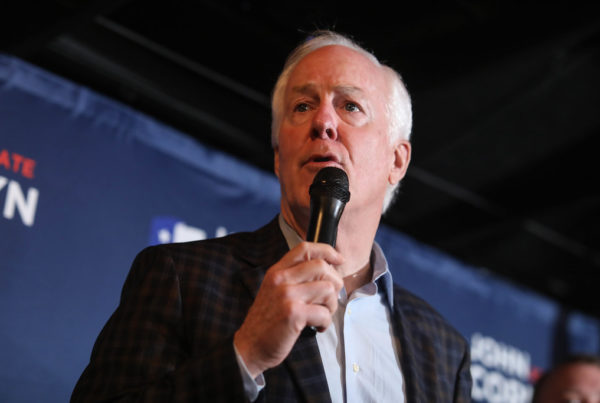Ukraine is expected to declare a state of emergency now that a Russian invasion appears imminent. If announced, the Ukrainian Parliament would be expected to make that state of emergency official within 48 hours, according to reporting citing the Ukraine’s National Security and Defense Council.
Russian President Vladimir Putin justified an invasion into Ukraine in a heated speech on Monday. Russian forces have already started crossing the border into the neighboring country.
For more on the developments, Texas Standard spoke with Jeremi Suri, a professor in the Department of History and at the LBJ School of Public Affairs at the University of Texas at Austin. Listen to the interview in the audio player above or read the transcript below.
This interview has been edited lightly for clarity.
Texas Standard: It’s now beginning to be described as an outright invasion or the beginning of an invasion, depending on which world leader you hear from. How have things changed escalated over the past 48 hours or so? And where are Russian troops now, from what you can tell by a published report?
Jeremi Suri: In the last 48 hours, President Vladimir Putin of Russia has essentially declared war on Ukraine. He, in a long, rambling speech, articulated a Russian justification in taking pieces of Ukraine for Russian control. And he justified the use of the Russian military invading and occupying parts of that country. So he is basically pursuing old-style conquest in a neighboring country. And in the last 48 hours, we have seen Russian forces begin to cross the border to begin occupying the eastern parts of Ukraine.
Let’s talk about the extent of Western pushback – so far, limited to sanctions. Is that going to make a difference?
No. I think these early sanctions that President Biden has announced and that many other countries, including Germany, Great Britain, Australia, Japan, Singapore [have announced] – these sanctions are aimed at doing more of the same of what we’ve done for the past few years, targeting Russian banks and targeting Russian leaders and Russian business figures, “oligarchs” as they’re called, to limit their access to resources and their ability to travel. We’ve been doing a lot of that for recent years. The hope is that this is a sign to the Russian leadership that we are willing to go even further. And the hope is that this will deter them from continued support for this invasion.
Isn’t this a sign of the limits of sanctions more than anything else? If you’re Vladimir Putin, are you really that concerned about the impact of sanctions?
I think in the short run, President Putin has proven that he doesn’t care about these sanctions, and that he is prepared to take the pain that these sanctions will inflict on individuals and on Russian banks. But I think he does have a long-term concern if the Western countries, and countries in Asia and elsewhere that are putting these sanctions in place, are willing to go further and willing to remain unified in their use of these sanctions.
This will cripple the Russian economy. It will limit the ability of Russia to raise money to purchase equipment for oil extraction. It will limit the ability of Russians to trade their goods overseas. So there is a long-term effect. But I think Putin is counting on the fact that Western unity and Asian unity will not last very long.
What about China? The Russia-China alliance could truly tip the scales here, right?
This is something many have been writing about and following the cozying-up between the leaders of Russia and China. And China did condemn the sanctions that the United States announced yesterday. On the other hand, China has shown no desire to get involved in a military conflict in Europe, and China has its own trade relationships and concerns that it wants to protect.
So I don’t think the Chinese will go very far in trying to break the sanctions. Their banking system is dependent on the same banking procedures that Russia uses that would be limited to Russian access. But I do think the Chinese will also criticize the sanctions in the West. So they’re going to play a middle role, I think perhaps a spoiler for the United States, but not necessarily full supportive of Russia either.
Is this going to be contained in Ukraine, or is there a possibility that fighting could break out beyond its borders?
I think this is the crucial question right now. This region of the world has a history of small conflicts spiraling into larger conflicts, the most infamous being World War I, which we began not far from where the conflict is today because these countries are so close to one another. Because their military facilities are so large, there’s a tendency for one act of aggression to be followed by an act of aggression in response and you get a spiral toward larger war.
I’m watching for two things: I’m watching for Russian forces to move beyond the breakaway provinces of eastern Ukraine; and I’m watching for Russian maneuvers, not simply around Ukraine, but around Lithuania, Poland and other countries that border Russia.














